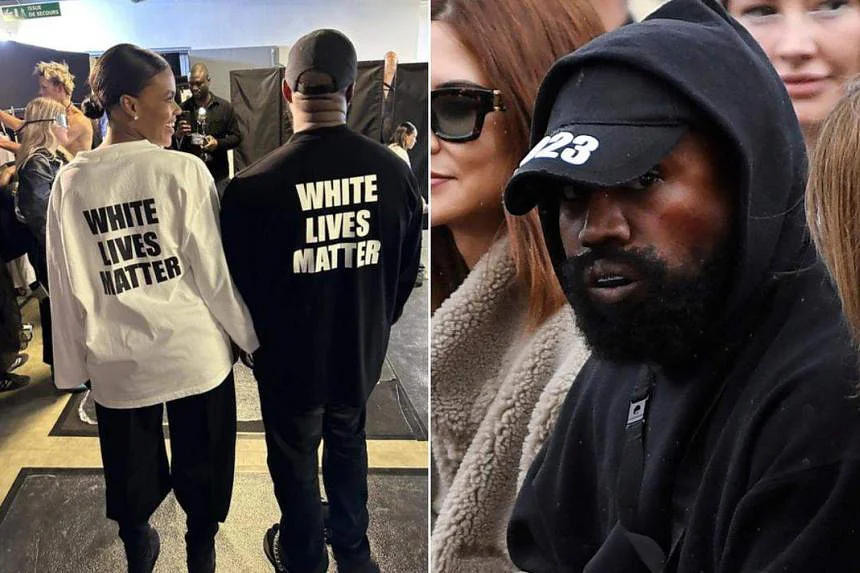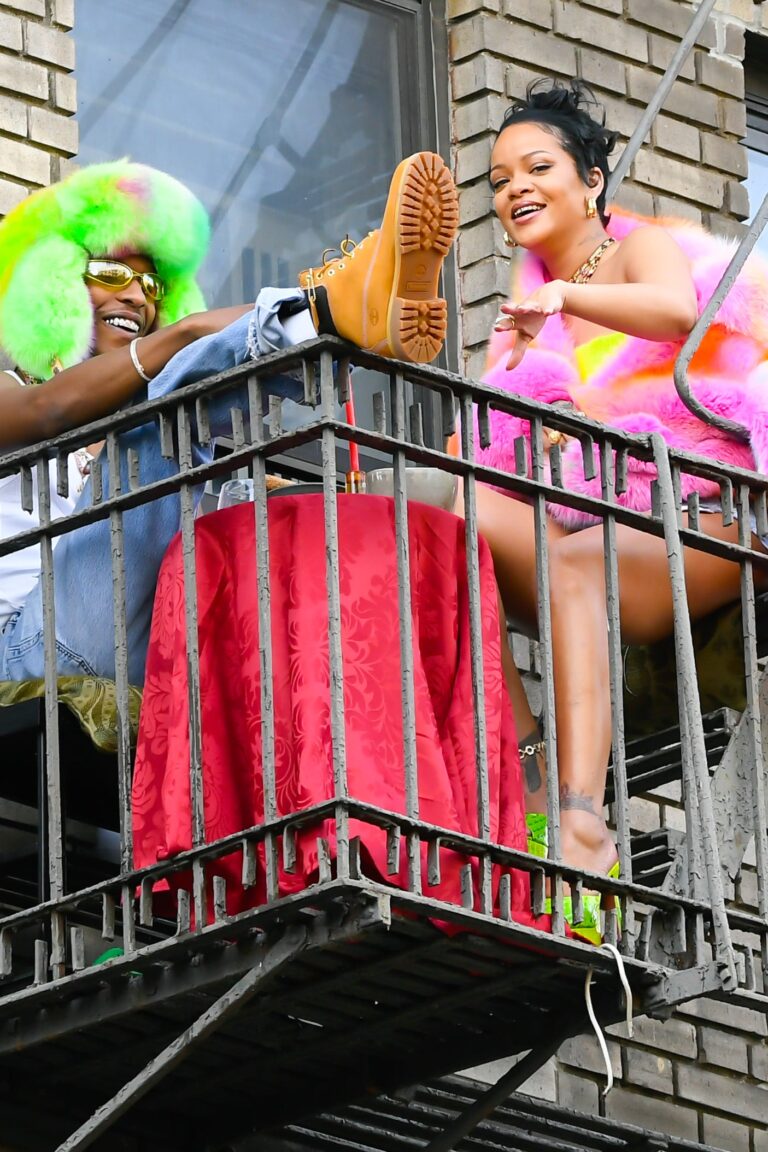
Kanye West: A Portrait of Controversy in a Changing America
Kanye West. Just saying his name can conjure up a whirlwind of emotions and opinions. Some people see him as a groundbreaking artist who changed the music industry; others view him as a polarizing figure whose antics spark outrage and debate. Recently, Kanye has made headlines again—but this time, it’s about something much darker than just his music. In a series of troubling social media posts, he announced that he has “DOMINION” over his wife, Bianca Censori, and made shocking comments about Hitler and Nazism. This article sheds light on Kanye’s latest outburst, its implications, and how it reflects broader societal trends in America today.
A Chaotic Rant
Kanye West has always been known for his unpredictable behavior. Whether it’s interrupting award shows to declare that Beyoncé deserved a Grammy more than Taylor Swift or announcing his intent to run for president, Kanye loves being in the spotlight. But recently, his comments have crossed into dangerous territory. During a chaotic outburst on social media, he made declarations that drew attention not just for their absurdity but for their intentional provocation.
Claiming dominion over his wife is more than just a personal statement; it raises alarms about relationships and power dynamics. The word “dominion” evokes images of control and ownership, which is troubling when discussing a marriage—a partnership that should be rooted in mutual respect and love. This brings us to a larger question: What does it mean when a public figure makes statements that reflect extreme ideas about relationships and authority?
A Racially Charged Narrative
Kanye’s rants took an even darker turn when he expressed admiration for Hitler and even referred to himself as a Nazi. Such statements are shocking, to say the least. They remind us of some of the darkest chapters in human history and raise serious questions about how someone famous for his creativity and innovation can align himself with hatred and bigotry.
In America, we’ve seen a terrifying rise in extreme right-wing behavior, closely linked to the recent MAGA (Make America Great Again) movement. This connection between celebrities like Kanye, Elon Musk, and the political rhetoric of figures like Donald Trump highlights a disturbing trend. As these personalities engage in incendiary speech, they attract attention while normalizing extreme views and creating an environment where hate becomes more acceptable.
The Quest for Attention
It’s easy to dismiss Kanye’s statements as mere attention-seeking behavior. After how his career has evolved, it’s possible that he feels the need to push boundaries to stay relevant. But is there a more profound issue at play here? Many celebrities have faced the pressure of the public eye, but Kanye’s case feels different. His statements seem less like cries for help and more like deliberate provocations designed to elicit a reaction.
Kanye has cultivated a persona that thrives on controversy. The more he rants, the more media attention he garners, and the more people talk about him. In today’s world, where social media has become a dominant platform for expression, sensationalism often gets more engagement than thoughtful dialogue. As a result, he finds himself at the heart of a media circus that’s both entertaining and disheartening. But how long can this cycle sustain itself?
Cultural Shifts and Public Figures
What makes Kanye’s comments particularly significant is how they fit within a larger cultural shift happening in America. America has a long history of wrestling with issues of race, power, and identity. As we watch public figures like Kanye West make outrageous remarks, it’s essential to consider their impact on society, especially young people who look up to celebrities as role models.
When Kanye praises Hitler, it doesn’t just shock listeners; it sends a signal to his fans that such views are permissible. Imagine how a teenager might interpret that. Will it inspire critical thinking about history and ethics, or will it glorify hatred? It’s a troubling question, especially since social media amplifies these messages to millions instantly.
A Tightly Woven Tapestry
It’s also essential to examine how this moment fits into the broader political landscape. Kanye’s behavior reflects how personal beliefs and actions can resonate with a larger movement. Donald Trump and Elon Musk influence today’s culture significantly, and their disregard for political correctness can encourage others to voice extreme views. This kind of narrative paves the way for an ideological environment that diminishes the importance of accountability and promotes a kind of celebrity elitism where anything goes.
For many years, rappers and musicians have wielded their voices as platforms for change, discussing issues like racism, poverty, and violence in their lyrics and interviews. Kanye once used his influence to speak against these societal grievances. But in turn, he risks diluting those essential messages in favor of shock value and attention. What does this mean for the next generation? Are young people more likely to adopt controversial views because their idols do? Or will they speak out against these dangerous ideologies?
The Long-Term Implications
Kanye’s actions carry a weight that goes beyond just his personal controversies. By making incendiary statements, he not only impacts his personal life—relations, career, and mental health—but also contributes to the normalization of extreme rhetoric in public discourse. The implications extend far and wide, affecting how individuals view authority, race, and power dynamics in relationships.
In many ways, Kanye’s platform amplifies his ability to shape opinions, particularly among younger audiences. His latest remarks tread dangerously close to a slippery slope that could lead to greater acceptance of hate speech and division within society. The reaction from the public and the media speaks to a broader concern: how do we engage with celebrities whose actions challenge our moral compass?
Reflecting on a Changing Society
As we watch Kanye West evolve from a musical genius to a figure wrapped in controversy, it’s essential to engage with these discussions calmly and thoughtfully. While sometimes it feels like our discussions get lost in the noise of social media, they are vital. The issues at stake are not just about one celebrity’s antics but about how we understand our society, our values, and each other.
So, what can we do? How can we stand against intolerance and hatred while holding public figures accountable for their words? Encouraging open dialogue about the implications of Kanye’s statements and similar behavior is a place to start. We must empower ourselves to question the narratives we consume and engage with the media responsibly.
Your Turn!
Now that you’ve read about Kanye West’s recent controversies and their broader implications for society, I’d love to hear your thoughts! How do you feel about the behavior of celebrities when it comes to sensitive topics like race and history? Do you think it’s essential for fans to hold their idols accountable? Share your thoughts in the comments below!






